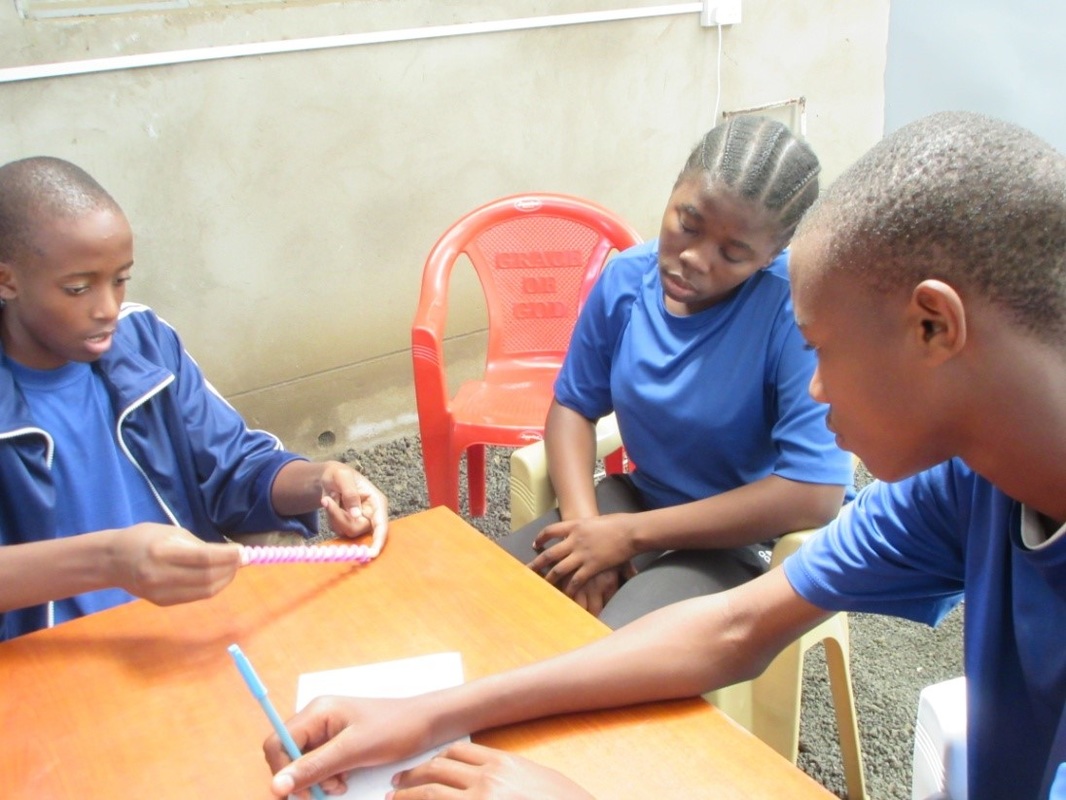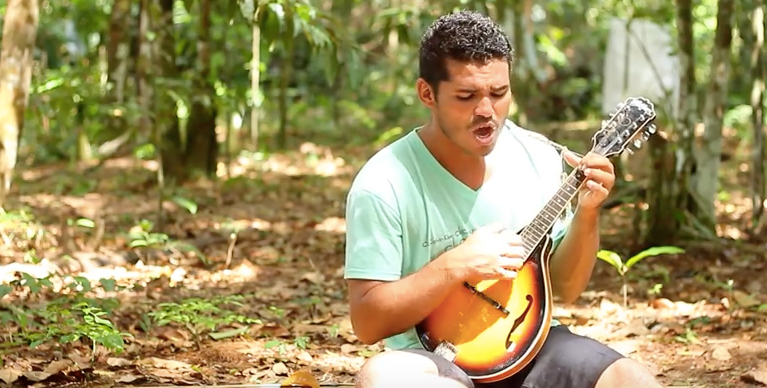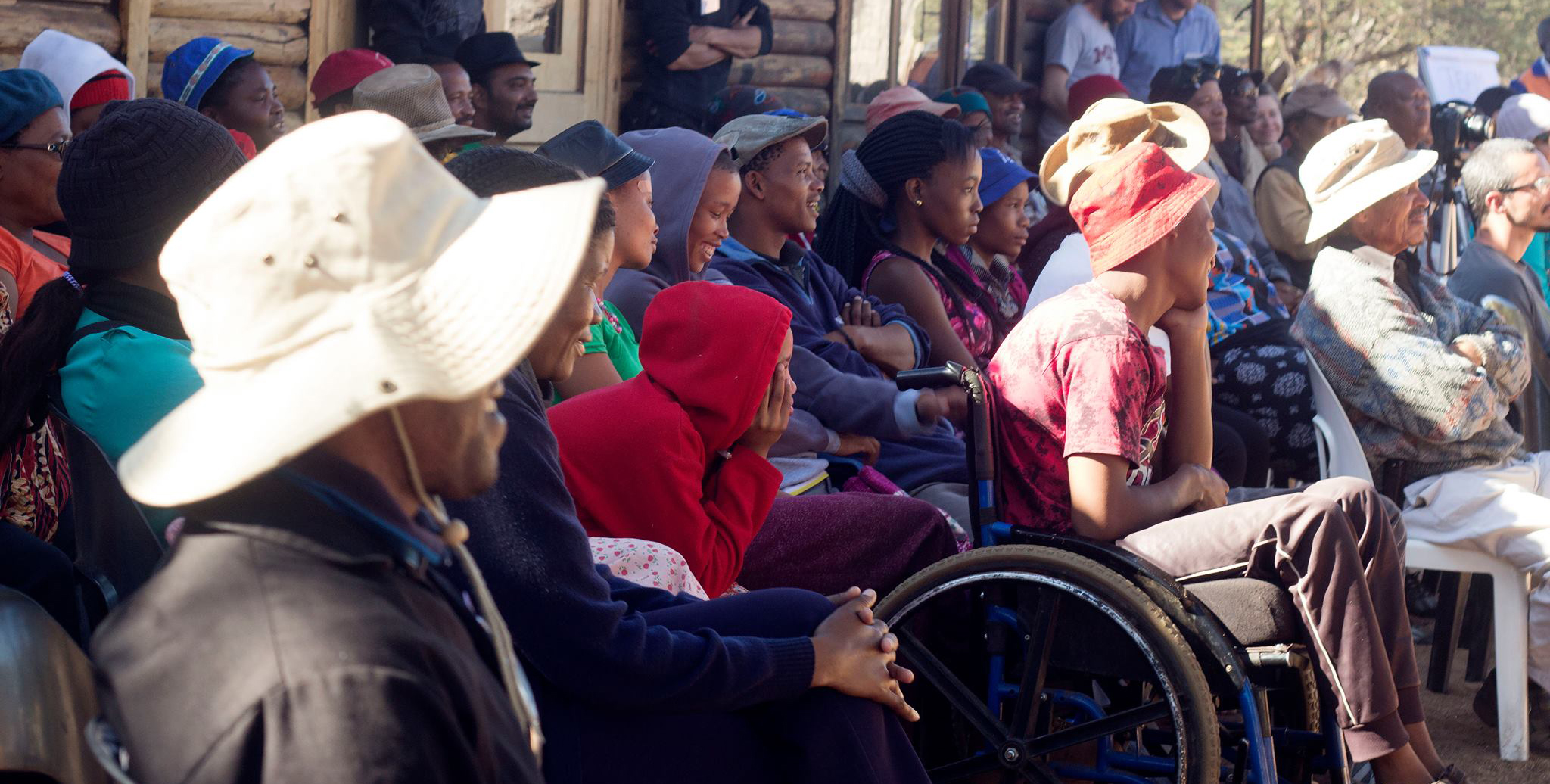Creative Capacity Building with School of St. Jude in Arusha, Tanzania

Marko Lepakit is Manager of Partnerships at Twende/AISE!, an IDIN innovation center partner in Arusha, Tanzania. This blog was originally shared on the AISE! website.
Creative Capacity Building (CCB) is a model of teaching based on sparking innovation in participants. This approach was developed by IDIN and MIT D-Lab. Twende-AISE has adopted it to help students and other community members to uncover challenges and build technologies to improve their lives as well as the lives of others.
This is a new venture for young people, especially in primary and secondary schools. The School of St. Jude is one institution where both teachers as well as students have taken strong interest in Creative Capacity Building, beginning with 6 students (3 male and 3 female) taking part in CCB training. The students were really excited and took the training very seriously with the support of their institution including their mentoring teacher: Sister Janet. In Creative Capacity Building the students go through the design cycle which help them identify their challenges, gather information, think of ideas, experiment, choose the best idea, work out the details, build it, test it, and finally, get feedback to iterate on their solutions and repeat the cycle. They also get chance to see the existing technologies that other have already developed, and before they start working on their own challenges, they get the chance to build one of the existing technologies.
The most exciting part is seeing students taking every class very seriously as reflected in the above photo. And they always try to reflect the challenges that are facing them either in the school or at home. This was very visible when they made their first maize sheller prototype.
This photo shows the students' success in making hand crank maize sheller manifested in their faces and who these days call themselves “young innovators."
This is one of the student’s reactions after building the prototype:
"I learned how to solve different problems that are facing the society using simple means as well as readily locally available materials to make something worthy.”
These “young innovators” affirmed that CCB training is worthy not only to them, but to all young people so that all can find solutions to the challenges that are constantly facing the society in which they live.
Recently, the group grew from six to eleven. This is because the first group of students went with positive experience of the whole meaning of Creative Capacity Building, influencing others to be more interested in CCB training.
Though we have talked a lot about School of St. Jude's participation in Creative Capacity Building, they are just one among many schools Twende-AISE has reached with CCB training. In the past year, we have managed to reach 201 number of students with Creative Capacity Building.
With both groups from St. Jude we have realized that these students are very interested in build solutions for their problems. They try for community-based challenges so that their solution can bring difference to entire society. The number of young innovators from St. Jude and elsewhere will definitely keep growing, and eventually we will have a good number of young innovators who will be using our space to build Tanzanian solutions to day-to-day challenges in life.
The first St. Jude group is now working on another challenge that aims at environmental conservation. That is, they are making a device to mix waste paper with the intent of designing a press to make charcoal. The main reasons behind this project is:
- To clean the surroundings (of their school's compound)
- To conserve trees from being cut

These are the older group busy working on waste papers mixture mechanism with the aim of keeping their school surrounding free from waste papers. The students are very serious and looking forward for their project to be ready for their school science fair competition.
Five CCB students participated in Science Fair Day this year. The day turned out too great because both projects they developed here received awards. The hand-crank maize sheller got the second overall award for its community-oriented impact that will address the problem that many farmers at the local level are facing.

Here are three of the students (Rickson, Sesilia, and Aneth) with Debbie and Lucy (from Bright Green Enterprise) posing for a photo after receiving an award for their hand-crank maize sheller.
The students were very happy and due to their achievement in the two projects, and many more students showed interest in CCB. We are very excited to continue working with St. Jude and hope to see such success at other organizations!







